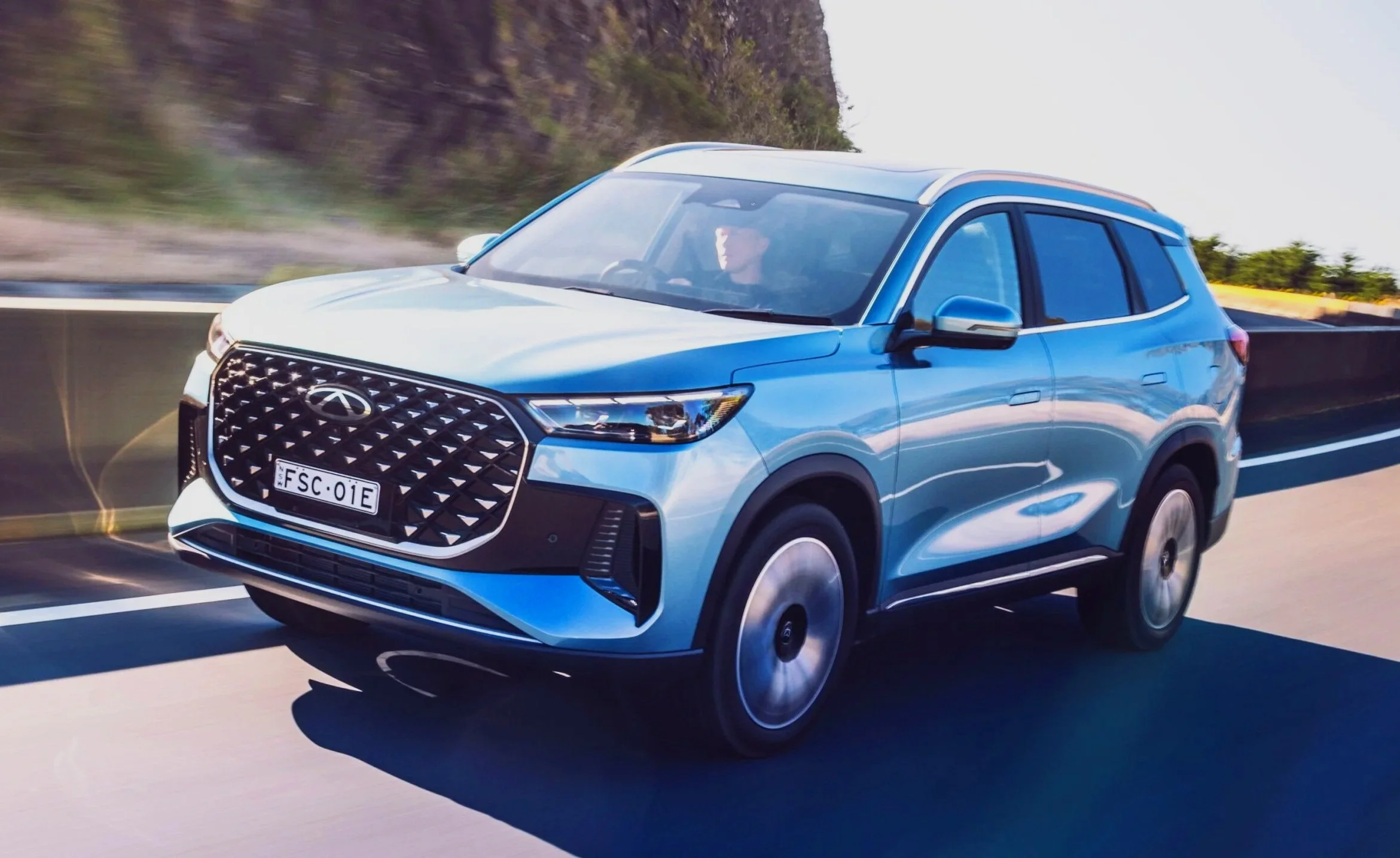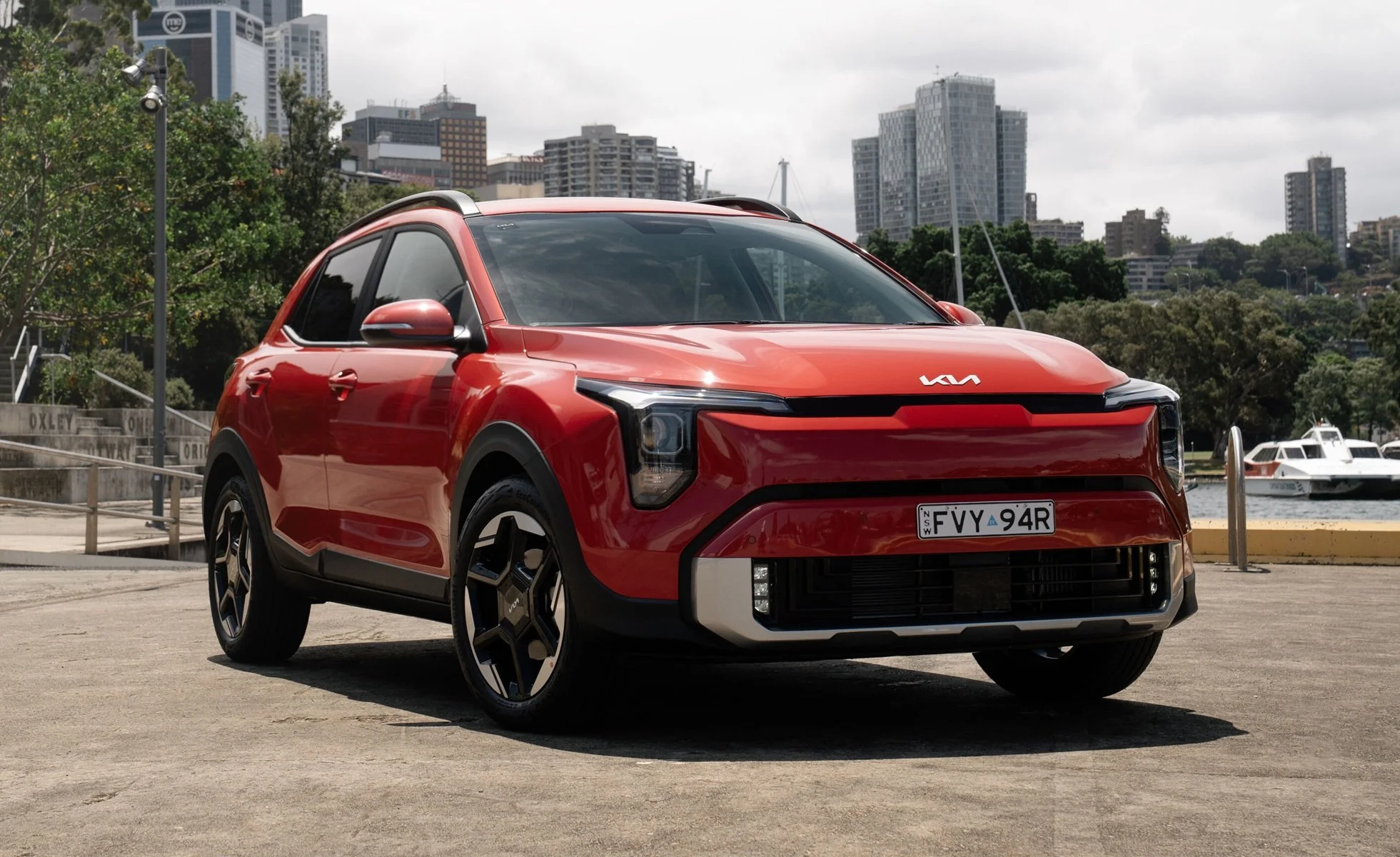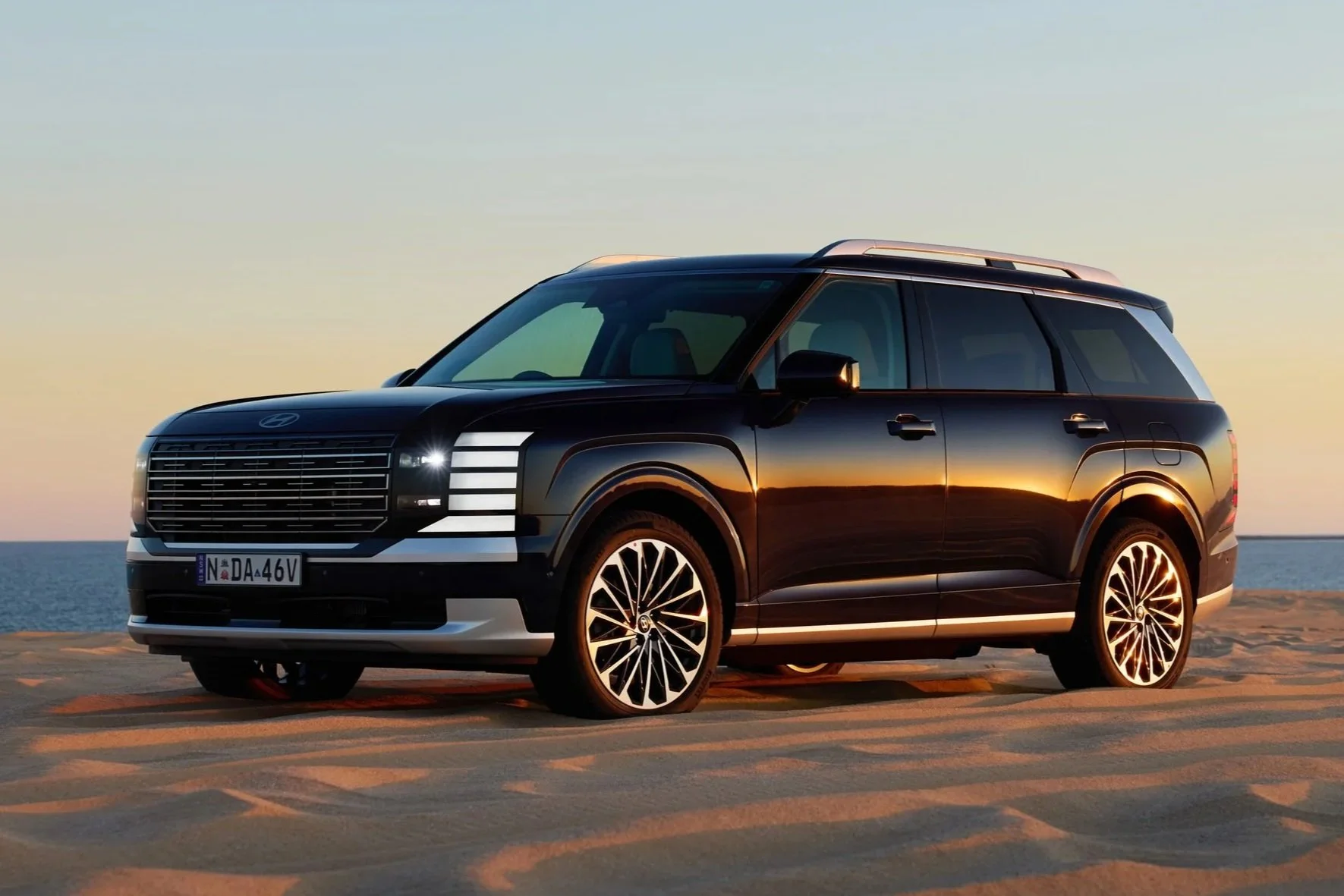Top 10 Tips for Used Car Buyers in Australia
Buying a used car is more complex than most people think. Here's a worrying statistic: More than one in every four used cars sold in Australia hides a potential issue. If you want to avoid buying one of those, here's how
You might not know this, either, but there are nearly 4.3 million vehicles listed on the official Personal Property Securities Register (meaning the vehicle forms the security over someone’s loan). If you buy one of these without discharging that security, you risk having the car repossessed if the seller defaults on the loan.
Buying a lemon is generally expensive.
The average cost of owning a lemon, in terms of out-of-pocket expenses, is up to $2000.
If you’re in the market for a used car, here’s how to stack the deck in your favour and avoid an administrative and financial disaster.
SPECIAL OFFER - SAVE 20%
For more detail on protecting your own best interests, and to save 20%, visit www.carhistory.com.au/AutoExpert
AutoExpert subscribers save 20% at CarHistory. Get a comprehensive CarHistory Report for just $30 (usually $36.95). Offer ends 31 December 2017.
You can also use the link above to view a sample CarHistory Report.
CarHistory offers a simple, online report that takes just a few minutes and costs less than $40. That’s basically all it takes to step out of the administrative minefield and drive off in a high quality used car that you’re certain is not a lemon. The CarHistory check even comes with a vehicle buyback insurance guarantee that essentially takes risk right off the table.
Let’s assume you’ve got a particular car in mind, and you’re on the cusp of buying it:
DISCLAIMER: This post was sponsored by CarHistory.com.au
I’ve been recommending them for years. They’ve been kind enough to support the production of this used car buyer protection series. But the words and opinion here are my own - this is not a paid advertisement.
PART ONE:
ADMINISTRATIVE HEALTH CHECKS
There are three major administrative speed humps on the road to avoiding a lemon. The car could be stolen, it could be a repaired write-off being sold under the radar, or it could be the security on someone’s loan.
Bear in mind that looks can be deceiving - a great-looking car being sold by an apparently credible, friendly seller can still be a lemon in one (or all) of these ways. And, if it is, this will be a disaster for you.
The simple message here is: You can choose the vehicle with your heart, if that’s how you roll, but you have to buy it with your head.
TIP 1 - Stolen
If the car has been stolen, or if the VIN code (the car’s unique 17-digit alphanumeric serial number) does not match the engine number, rego number or information on the vehicle’s registration papers, these things are major red flags.
Sometimes there is a good reason for a mis-match. A different engine number might mean, for example, that the engine was replaced under warranty because of a manufacturing defect. However, in any of these cases where a mis-match is flagged, significant further investigation is required. Do not buy the vehicle until its status is adequately resolved.
The easiest way to validate the VIN code and rego number, as well as get information on the vehicle’s previous sales history, evidence of odometer wind-back, rego status, safety rating and emissions, is at www.carhistory.com.au/AutoExpert
TIP 2 - Repaired write-offs
Repaired write-offs are a major pitfall. Vehicles in this category are often sold to unwitting buyers as if they have not previously been written off. And if you purchase such a vehicle it can be an administrative, as well as financial, nightmare.
In some states, like NSW, repaired write-offs cannot be registered. Even if you live somewhere where this is not a problem, a repaired write-off is always worth far less than an equivalent car that has not previously been written off.
“Motorists need to be able to buy with confidence. It’s important to always get a mechanic to check over a potential purchase. Also check with insurers that they will cover you and won’t charge a fortune. While the car you’ve found may be roadworthy now, a car is a large investment for anyone, and purchasing one that was previously damaged may not be worth the risk.” - Izzy Silva, CarHistory.com.au
In general, factory warranties are cancelled if the vehicle is written off, and the vehicle’s insurance status changes as well. So in many ways, a repaired write-off is significantly less car than you may have been expecting.
The easiest way to avoid the extreme headache of unwittingly buying a repaired write-off, and also investigate a particular vehicle’s previous insurance claims history in detail, is at www.carhistory.com.au/AutoExpert
TIP 3 - Encumbered vehicles
With 4.3 million vehicles listed on the Personal Property Securities Register (PPSR - formerly known as ‘REVS’) there’s a significant risk, if buying privately, that you could end up with a vehicle that forms the security on the previous owner’s loan. (This is known as an encumbered vehicle.)
This is a disaster - for you. If the previous owner defaults on the loan, the financier will repossess your car, and there’s essentially very little you can do about it.
To avoid buying an encumbered vehicle visit www.carhistory.com.au/AutoExpert and if the vehicle is encumbered, get expert advice from your solicitor or accountant about how to discharge the encumberance in the course of buying the vehicle.
PART TWO:
PHYSICAL HEALTH CHECKS
TIP 4 - Mechanical condition
If the vehicle you’re looking at passes the administrative health checks at www.carhistory.com.au/AutoExpert it’s time to get your trusted mechanic (or the motorists’ association in your state - NRMA, RACV, RACQ, etc.) to give it a thorough physical once-over.
An independent expert can easily assess the vehicle for physical red flags - evidence of abuse or imminent failure that might cost you thousands to repair. They can also review the vehicle’s service history (bear in mind that ongoing factory warranty coverage depends upon the vehicle being properly serviced).
Finally, an independent expert can assess the vehicle for evidence of dodgy crash repair - perhaps from a repair that didn’t involve an insurance claim.
If anything is flagged at this point, you might choose to walk away from the vehicle and buy one in better order instead, or use the defect as a bargaining tool to negotiate the price down.
PART THREE:
HOW TO CHOOSE THE RIGHT USED CAR
Obviously most people have some idea of the kind of car they want. It might be a sedan, hatchback, SUV, ute or sports car. However, the market is drowning in choice, and it is often difficult for a non-car person to get down to a viable short-list, using rational criteria.
In general, you’re looking for the newest example of the kind of car you want, with the fewest kilometres on the odometer - balanced against what you can afford to spend.
Here are some important considerations to help you refine your choice.
TIP 5 - Safety
Safety is complex issue. You’ve got so-called ‘active’ safety systems (crash avoidance technology) and also ‘passive’ safety systems (designed to protect you during a crash). Active safety includes things like stability control and ABS, while passive safety includes crumple zones, airbags and seatbelt pre-tensioners.
All these things matter.
Thankfully this complex issue is made digestible thanks to ANCAP - the independent safety ratings agency in Australia. The bottom line - aim for a five-star safety rating if you possibly can. Most vehicle categories have been more than adequately served with a range of five-star vehicles for more than 10 years now.
Choosing a five-star car maximises your chance of not becoming a grim statistic if you crash.
The www.carhistory.com.au/AutoExpert report also includes information on the vehicle’s safety rating.
TIP 6 - Fuel economy & running costs
Cars cost money to own and run - it’s that simple. It’s easy to assess the likely fuel economy of any car on your short list at the Federal Government’s GreenVehicleGuide. You’ll get official fuel consumption and CO2 emission data, as well as estimated annual fuel cost. (Just bear in mind that these numbers are based on official lab tests, and real world consumption for most people is typically about 20-25% higher than the lab test numbers.)
Check the service interval, too. Some brands (like Toyota and most Subarus) demand servicing every six months or 10,000km while other brands (like Hyundai and Kia) have moved to 12 months or 15,000km. If you’re a low-mileage driver annually, it could easily cost you twice as much to service a vehicle with a six-month maximum service interval.
(Servicing is based on time or distance - whichever occurs first.)
The www.carhistory.com.au/AutoExpert report also includes information on the vehicle’s fuel economy and emissions.
TIP 7 - Insurance
Insurance costs can vary widely between different vehicles and different drivers. It’s a disaster to buy the ‘car of your dreams’ only to discover you cannot afford to insure it. Always get quotes before you buy to avoid this pitfall.
TIP 8 - Fair value
Most people use online classifieds to do their ballpark pricing research. I prefer Red Book - research is free (if you use the ‘research’ tab) and you get both trade-in and private sale price estimates. Just bear in mind that Red Book’s price estimates are often a little optimistic, and actual transaction prices are often a little lower than Red Book estimates.
TIP 9 - Finance
Interest rates on car finance vary widely across the market. You owe it to yourself to shop around, because considerable savings are often available, and this can boost your buying power significantly.
Don’t just blindly accept the dealer’s offer, or the bank’s - shop around.
Ultimately the rate you pay depends on the financier’s risk assessment of you. Clients with good jobs, strong credit ratings, and asset backing tend to enjoy the lowest rates, and clients with poor references here tend to pay higher interest.
TIP 10 - Trade-in versus private sale
Trade-ins are all about convenience - a quick, easy way to dispose of your old car. A trade-in will never yield the highest return on you old car. If you want to maximise the return, sell your old car privately. Just bear in mind that this can be frustrating and time-consuming as well, and you’ll have to negotiate face-to-face with the buyer, which many people do not enjoy.













